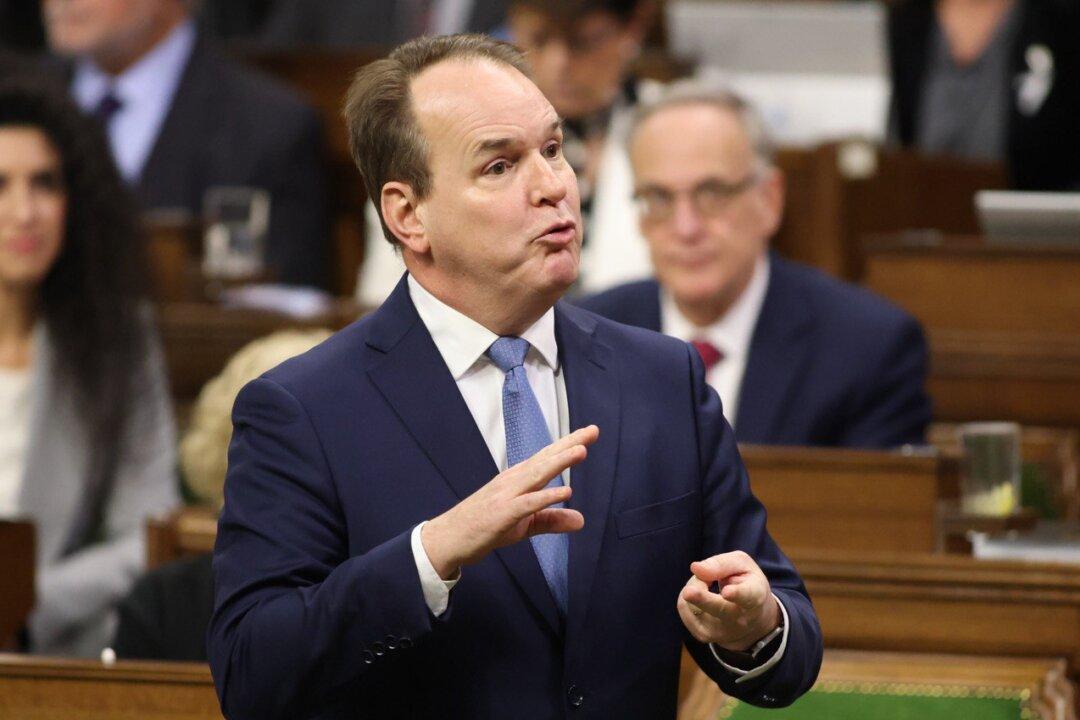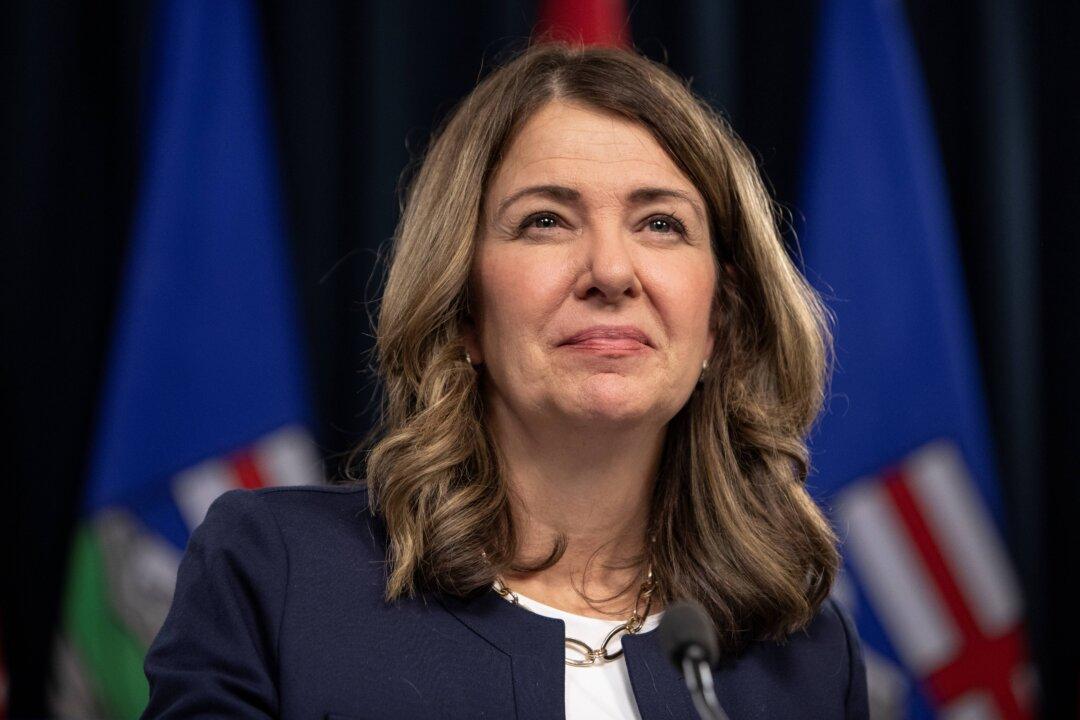Federal Labour Minister Steven MacKinnon says he has asked the Canada Industrial Relations Board (CIRB) to order approximately 55,000 striking Canada Post employees to go back to work.
“I’m here today to announce that I’m bringing forward a solution to promote conditions conducive to resolving this labour dispute and thus protect the interests of all Canadians,” MacKinnon said during a Dec. 13 press conference.





